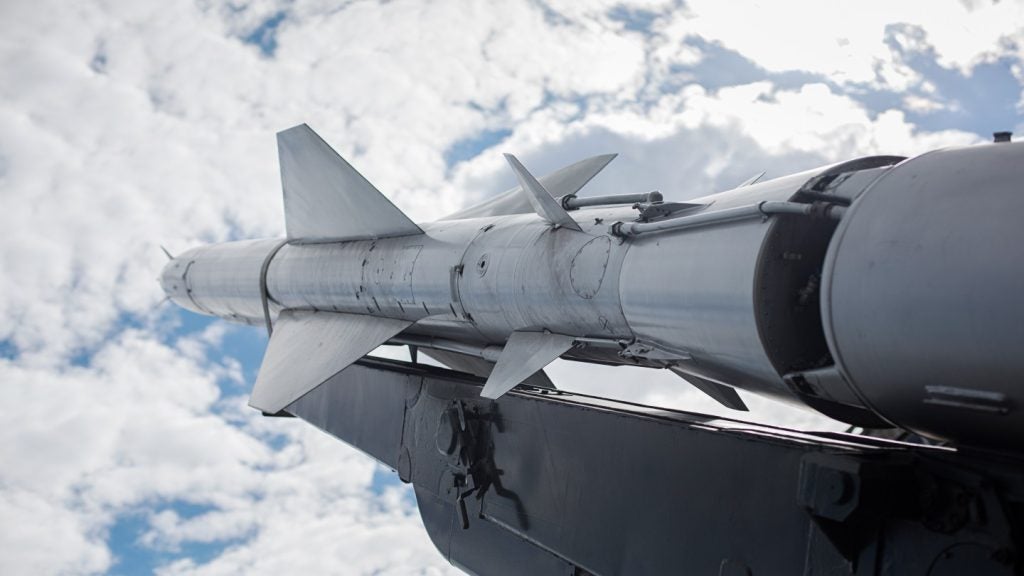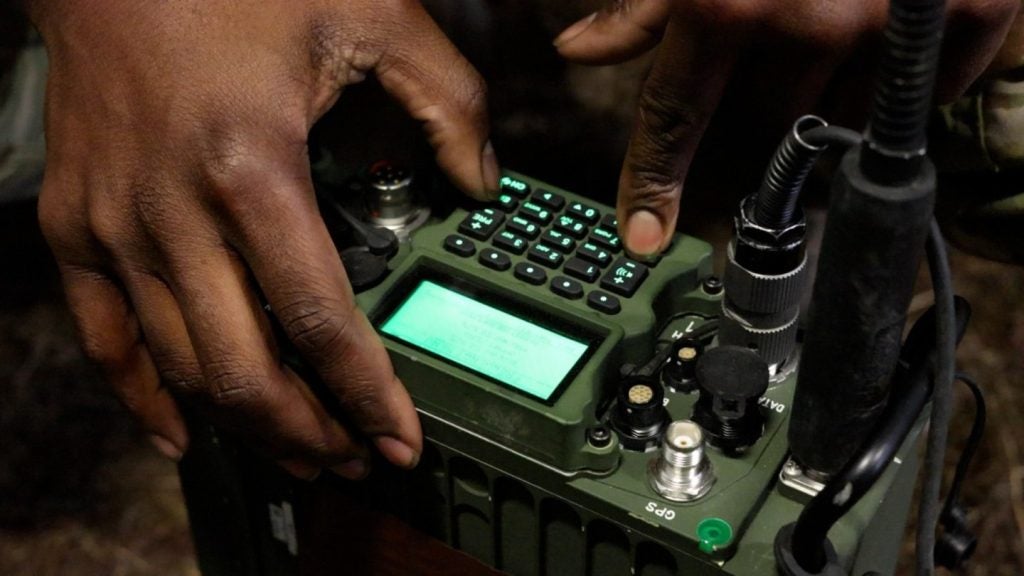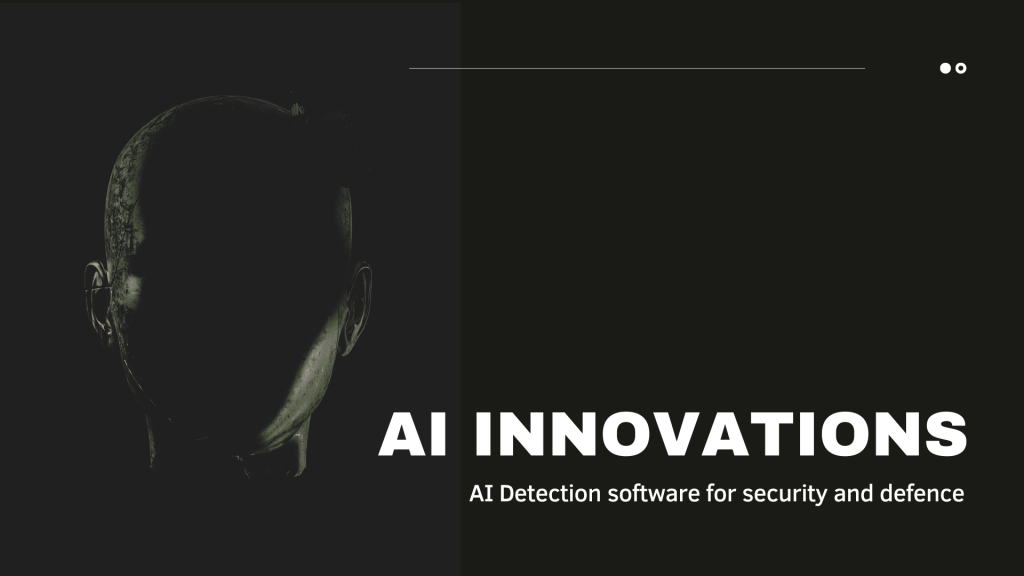The raging debate around Galileo has been why should the EU bother with another satellite system when it already has access to the US GPS and the Russian Glonass system? But the military has some key arguments.
Military operators and vendors in the space industry admit they cannot guarantee uninterrupted service, and disruption could be catastrophic for air, sea and road services – not to mention the vulnerability of our armed forces, particularly out in hostile territories.
Whilst the UK Ministry of Defence is publicly of the opinion that Galileo is nothing to do with them, Alistair Scott, adviser and former director of Astrium, builder of many of the world’s major satellites, is ready to admit: “Naturally they are taking a keen interest but it has been a major stumbling block in gaining funding that they are not open about it – unlike most other EU governments.”
The UK insists, however, that Galileo will only be used for civilian purposes; for monitoring natural disasters, air and sea rescue services and a range of commercial applications. Galileo’s orbit angle is also higher so there will be no danger of losing a signal in a high-rise city or mountainous region, and location accuracy will be narrowed down not just to metres but centimetres – implying, as Mr Scott points out, vast improvement of missile accuracy.
THE INDUSTRY PUSH
See Also:
An indication of the enthusiasm among the more commercially and technologically aware is that the initial outlay of €2.4bn of public money towards the total cost of €4bn will be supplemented by private industry, eager to be part of the space industry which is already worth £7bn in the UK alone, with some 70,000 people earning their living directly of indirectly in the sector.
How well do you really know your competitors?
Access the most comprehensive Company Profiles on the market, powered by GlobalData. Save hours of research. Gain competitive edge.

Thank you!
Your download email will arrive shortly
Not ready to buy yet? Download a free sample
We are confident about the unique quality of our Company Profiles. However, we want you to make the most beneficial decision for your business, so we offer a free sample that you can download by submitting the below form
By GlobalDataGalileo, to be a cornerstone of the interoperable global navigation satellite system (GNSS), is helping receiver and equipment manufacturers and application providers exploit opportunities to develop new business services.
Potential applications may become clearer when the international colloquium meets in Toulouse from 1 to 4 October this year, organised by Air and Space Academy, Bureau des Longitudes, Académie de Marine and ESA. And by bringing together technologists, Galileo hopes to discover the numerous possibilities for developing very sophisticated aspects of cutting-edge technology.
Galileo though will not be the only service to be added to GPS and Glonass as many other countries are working on their own versions. China, which originally intended to plough €200m into Galileo, expects its Beidou satellite network, openly intended for military use but usable by anyone, to be fully operational by 2008.
This explosion of competition makes it even less likely the masses will be prepared to pay for Galileo access, as was intended, although a few may be attracted by special services and security aspects.
But this prospect has been cast into further doubt by a Bruce Schneier, whose website claims that the Galileo code has been cracked by Cornell’s global positioning laboratory, theoretically enabling free access.
IMPROVED ACCURACY AND PERFORMANCE
Giove-A, the first element of the Galileo in-orbit validation phase is currently checking out a number of components, including the in-orbit performance of two types of atomic clocks – critical to any sat-nav system. Rubidium is so stable that it will lose only three seconds in a million years, but hydrogen will lose only one second in three million years.
The EU has seen the need to provide improved protection since the 1990s and concluded a similar management structure should be put in place to that which built the Ariane launcher and Airbus – an independent system under civilian control.
But major delays to the project have been caused by failure to appoint a chief executive, agreeing on a headquarters and establishing a management structure – all deadlines having been missed by 18 months; and the EU had almost lost its frequency allocations after failing to put satellites into orbit early enough.
To protect these rights, the ESA went outside the consortium to order a €30m signal demonstrator satellite from Surrey Satellite Technology. The company had built it in less than three years – a 600kg, £19m spacecraft which was lifted into orbit on a Soyuz rocket from Baikonur, Kazakhstan.
Its CEO, Professor Sir Martin Sweeting, said SST specialised in small and rapid-response aircraft. He told the BBC: “To take the vanguard in such a large programme is quite an experience.” Four more satellites have now been ordered.
GALILEO DELAYS AND SETBACKS
A major contribution to delays was that the European Commission settled on merging the two consortia that competed when tenders went out three years ago, and that meant dealing with the national interests of eight companies and five countries, including TeleOp of Germany, the Franco-German EADS Astrium, Immarsat of the UK, Thales of France, Aena and Hispasat of Spain, Finmeccanica of Italy and Alcatel-Lucent of France.
German transport minister, Wolfgang Tiefensee, whose country currently presides over the EU, claimed it needed the expertise the technology would provide and the jobs the sector will generate. It is hoped that at least 150,000 jobs will be created and bring a return of investments up to €9bn, making it a highly lucrative infrastructure.
China, Israel, the US, Ukraine, India, Morocco and South Korea all initially expressed interest in investing in the system, but the lengthy delays may well prove to erode this funding.







